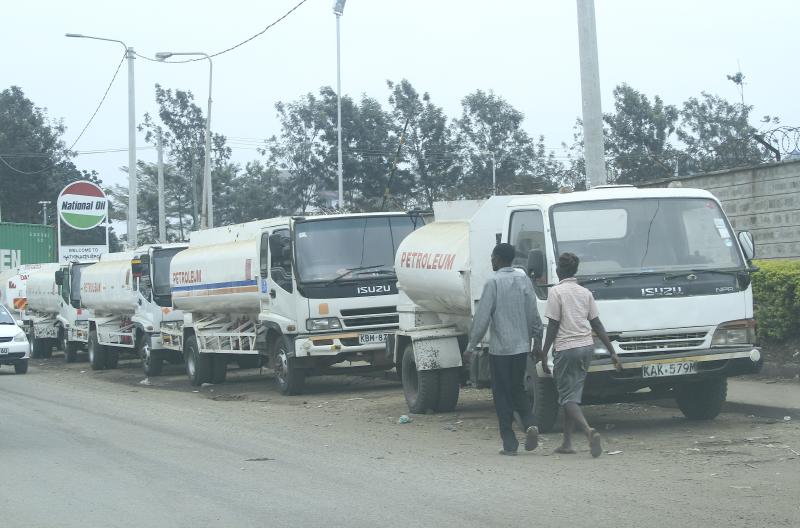×
The Standard e-Paper
Kenya’s Boldest Voice

You could pay even more for fuel in a revised price formula that seeks to protect oil marketing companies.
This is because the Ministry of Petroleum has said the formula used to calculate the new charges that saw the retail prices rise to Sh128.7 in Nairobi and Sh140 in Mandera from Saturday was erroneous as the prices it came up with were lower than they should be.